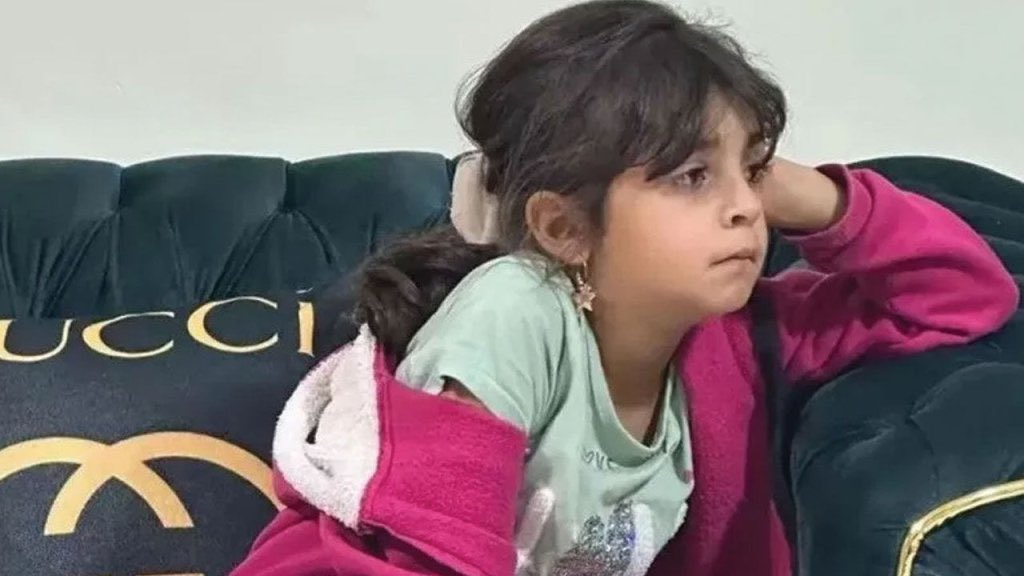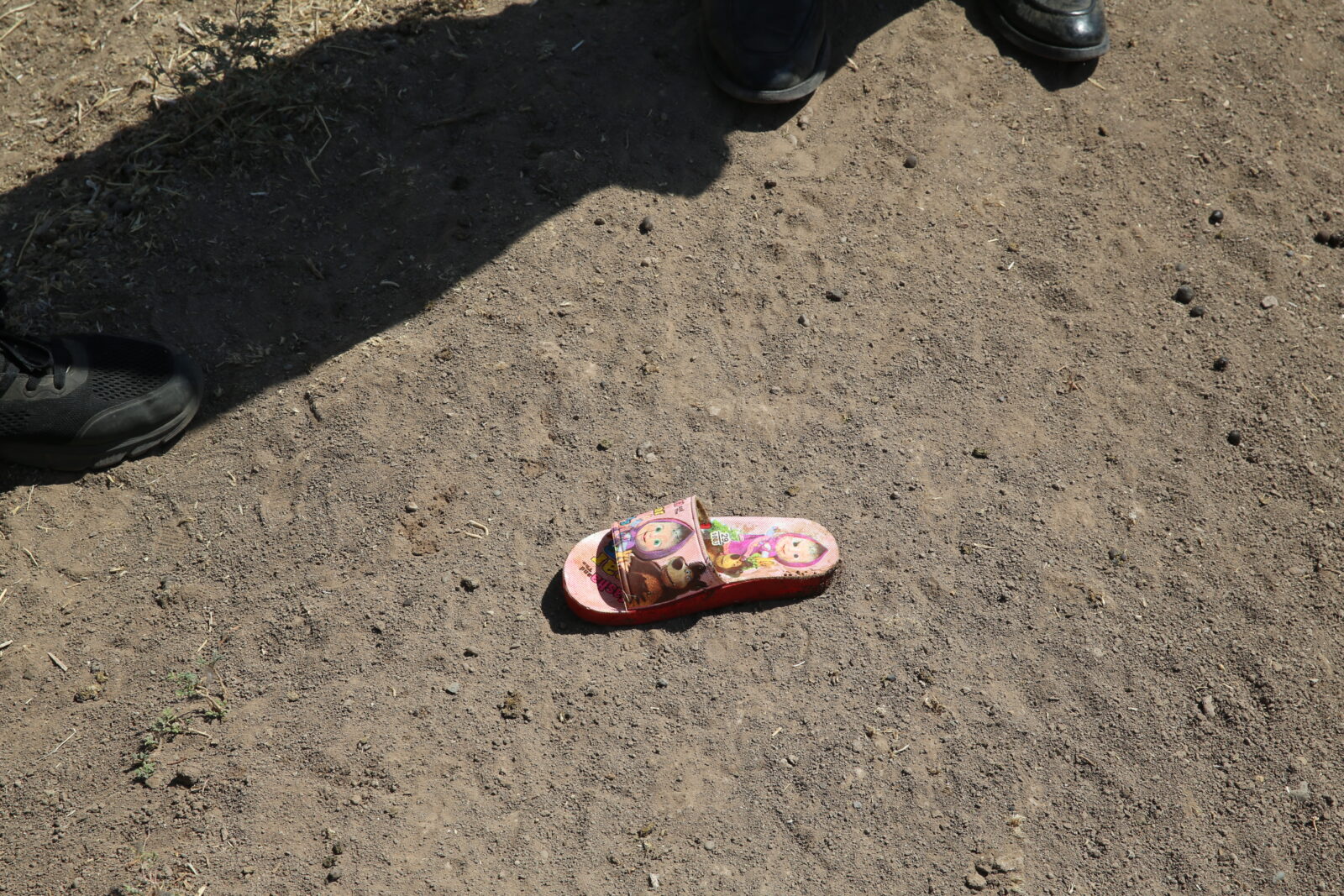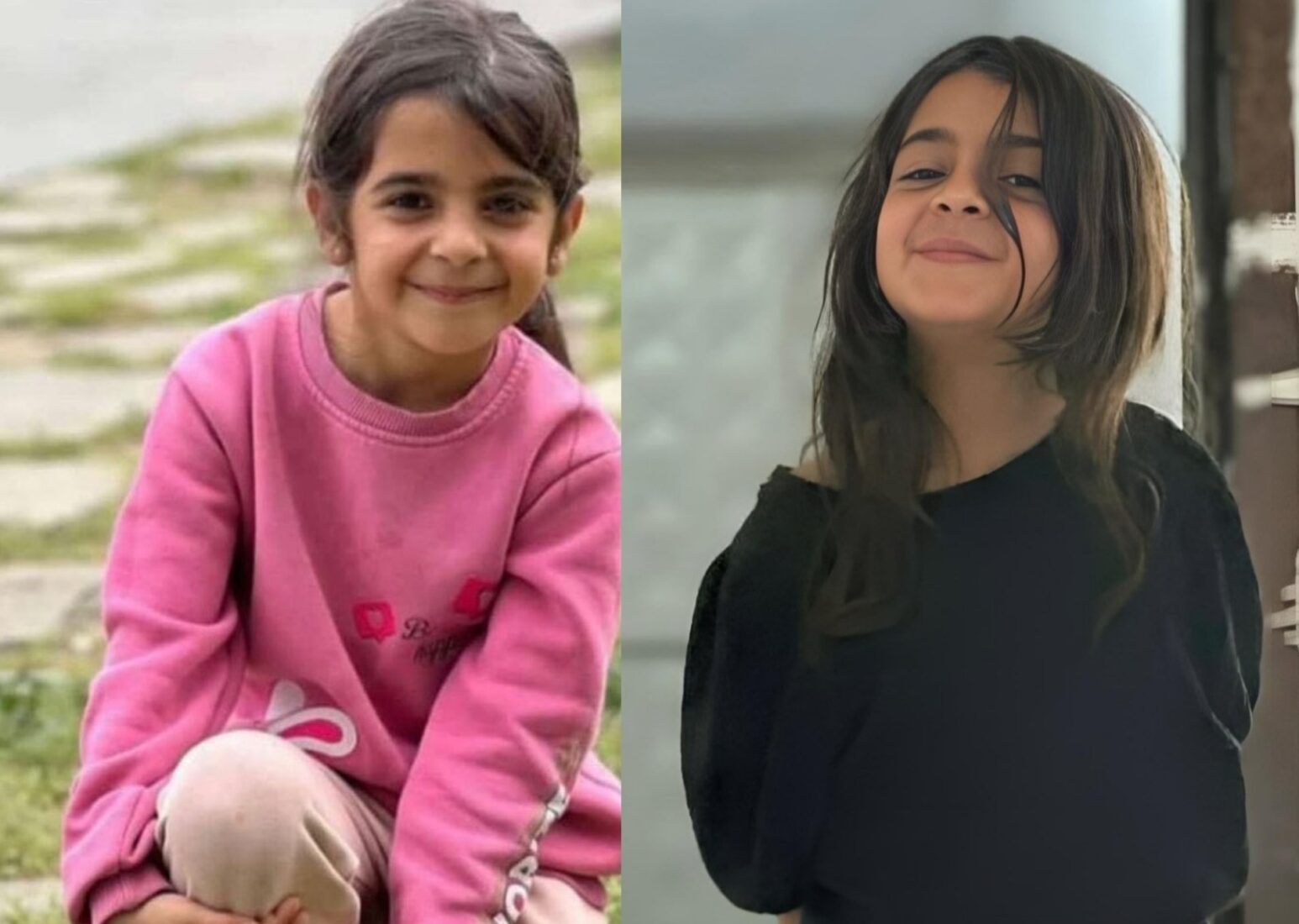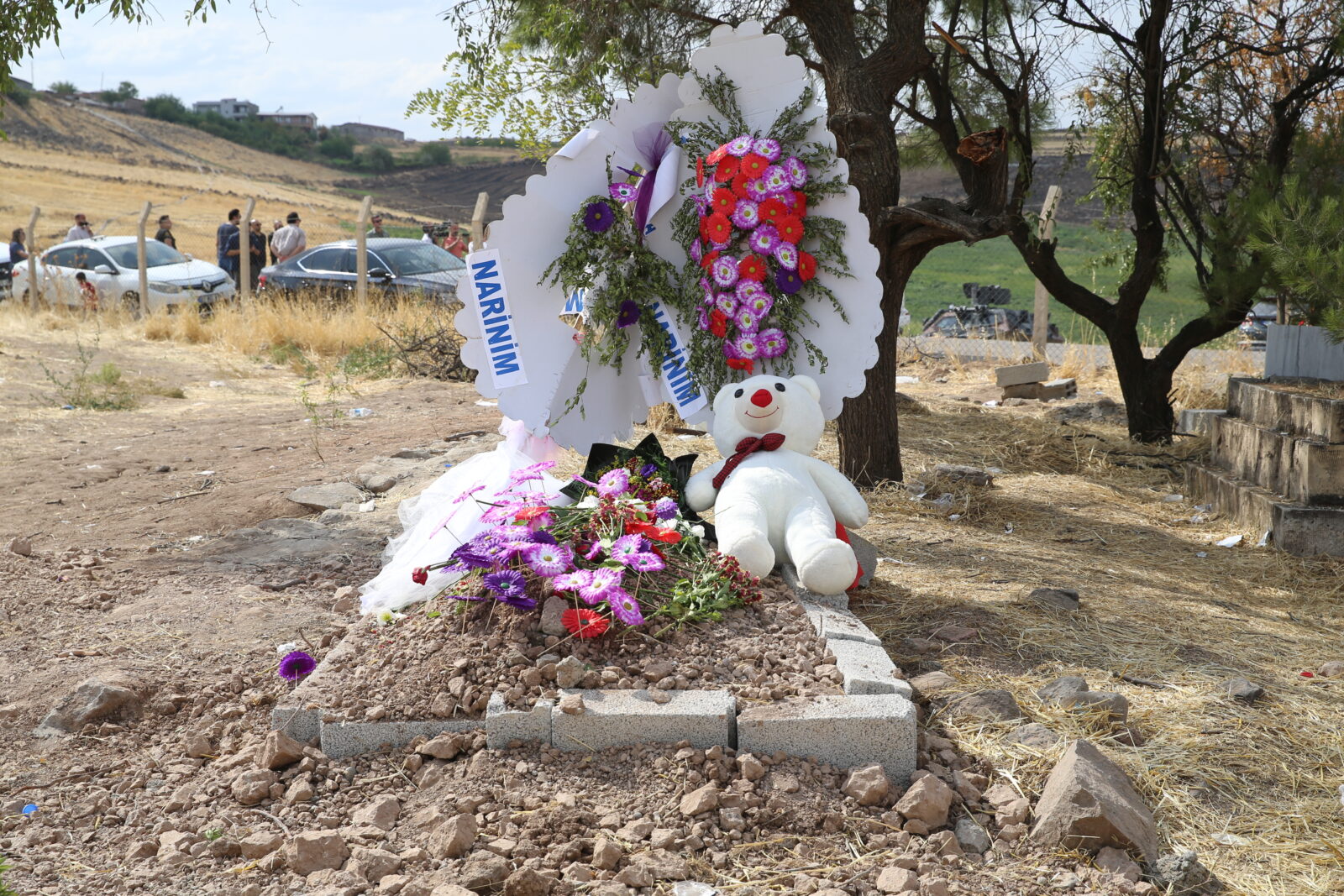
The brutal murder of 8-year-old Narin Guran has shaken Türkiye, prompting calls for the reinstatement of the death penalty.
Following her disappearance and the discovery of her body after 19 days, the public and political leaders alike have voiced their anger and grief. The demand for capital punishment to return has resurfaced in light of this tragedy, particularly for heinous crimes involving children.

Guran went missing on August 21, 2024, after leaving a Quran class in Tavsantepe Mahallesi, Diyarbakir.
Her family immediately reported her missing, and authorities launched an exhaustive search.
Search teams, which included commandos and specialized rescue units, scoured the area for nearly three weeks. According to officials, they focused on various terrains such as fields and rocky areas.
Some evidence, including items of clothing, was found during the search.
During the search, residents spotted a slipper floating in a stream near the Egertutmaz area, about 2 kilometers (1.2 miles) from Narin’s home. The gendarmerie was informed, and the slipper was retrieved.
However, after consulting the Guran family, it was confirmed that the slipper did not belong to Narin. Nonetheless, this has now come into question.

On Sept. 8, Narin's body was finally discovered, bringing an end to everyone's worst fears. The investigation led to the arrest of Narin’s uncle, Salim Guran, who had initially joined in the search efforts.
Forensic analysis revealed that DNA evidence found in Salim’s vehicle matched samples from Narin’s clothing. Security footage further placed Salim at the scene, where Narin was last seen.
Authorities immediately detained Salim, charging him with the abduction and murder of his niece.
The public's anger continued to grow as details of the crime emerged, with many expressing outrage on social media using her name as a hashtag. The discovery of her body triggered widespread calls for justice.

Public outcry and calls for the death penalty became a focal point of the national discussion as the investigation progressed. Fatih Erbakan, the leader of the New Welfare Party (YRP), made a public statement, demanding the reinstatement of capital punishment in response to Narin’s murder.
Erbakan emphasized the need for “serious legal reforms,” adding that "the death penalty must be discussed again in Türkiye’s parliament," to address such horrifying crimes.
Erbakan’s calls were supported by other political figures, such as Great Union Party (BBP) leader Mustafa Destici, who urged authorities to implement the death penalty to punish those responsible for heinous acts like Narin’s murder.
"Justice demands that those who commit such monstrous crimes face the death penalty. There is no deterrent stronger than this," Destici stated.
Since Türkiye abolished the death penalty in 2004, the debate about reinstating it has surfaced multiple times, particularly in cases of extreme violence. Guran’s murder has intensified this debate, with many citizens demanding harsher punishments to prevent future tragedies.

In Türkiye, the death penalty has a complex history, with significant changes over the decades. The last execution in Türkiye took place on October 25, 1984. By 2002, Türkiye formally abolished the death penalty for peacetime offenses, and in 2004, it was fully abolished for all crimes as part of its efforts to align with European Union standards and human rights conventions.
Before its abolition, the death penalty was applied in cases involving severe crimes like murder, drug trafficking, and crimes against the state. Under the 1984 Turkish Penal Code, capital punishment was used for crimes such as treason, assassination of state figures, and crimes against state security.
However, following the failed coup attempt in 2016, the topic of reintroducing the death penalty has resurfaced in public and political discussions. President Recep Tayyip Erdogan has repeatedly expressed support for bringing back capital punishment, particularly for cases of terrorism and crimes against children.
Despite the political discourse, reinstating the death penalty would require significant legal amendments and could impact Türkiye’s relationship with the European Union, as it would violate international agreements such as the European Convention on Human Rights.
Reinstating capital punishment remains a divisive topic in Türkiye, as it would not only affect domestic law but also complicate Türkiye’s international obligations.

Several initiatives have been launched to ensure Narin’s memory is preserved. In a recent meeting at the Gaziantep Buyuksehir Belediyesi, officials proposed naming a children’s library or kindergarten after her.
This gesture was unanimously accepted, showing a collective effort to honor Narin’s memory.
Meanwhile, political leaders have vowed to ensure that the investigation continues with full force. President Erdogan expressed his sorrow and anger, promising that those responsible would face justice.
"The ones who took the life of our little Narin will answer for their actions before justice," Erdogan said in an official statement.
Justice Minister Yilmaz Tunc echoed these sentiments, adding: "We will make sure that those responsible for this terrible crime receive the maximum punishment available under the law."

The local community has also shown its support for the Guran family, with many attending memorial services and vigils held in Narin’s honor.
Social media campaigns calling for justice have gained significant momentum, amplifying the public’s demand for action.
Guran’s murder has deeply affected Türkiye, bringing the debate on the death penalty back to the forefront of national discourse. As the investigation continues, the country is united in demanding justice for Narin.
The push for stronger legal reforms, particularly regarding the death penalty, reflects the overwhelming desire to protect vulnerable children and prevent such horrors from happening again.
The nation watches closely as the case unfolds, hoping that justice will be swift and decisive.